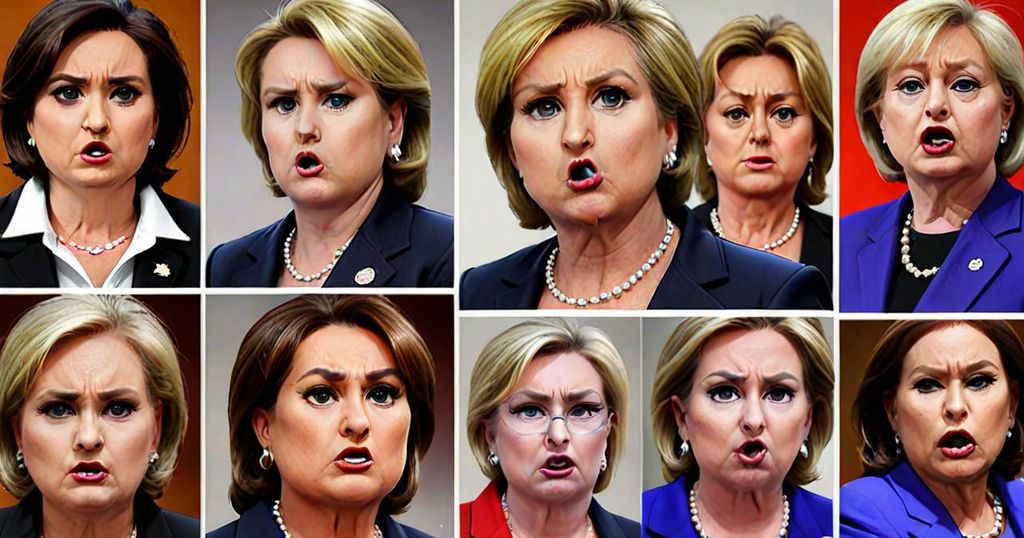This year, as various countries worldwide prepare for national elections, a concerning trend has emerged. Instead of being a celebration of democracy, these elections have brought attention to the rise of autocratic populists who have been elected or reelected in many places, including major countries such as India, Indonesia, and Russia. This is part of a larger pattern where over 70 percent of the global population is living under autocratic rule, with only a minority of governments being democratic.
One of the troubling aspects of this decline in democracy is the targeting of women political leaders and women’s rights by far-right extremists and autocratic populists. While the global share of women legislators was consistently increasing for decades, it has stagnated in recent years, with women now occupying only 27 percent of the world’s legislative seats. The number of women leading countries has also sharply declined in the past year.
A significant factor in this decline is the threats and violence faced by women politicians, both online and offline. Almost half of women legislators have received violent threats, with women being vastly more likely to be targeted for their gender than men. This violence is not limited to the online world, as there has been a documented global rise in physical violence against women in politics.
In addition to the physical threats, women politicians also face an onslaught of online abuse, which is expected to worsen with the rapid advancement of artificial intelligence. It is crucial for government leaders and political parties to take decisive action to combat this epidemic of violence against women and to pass laws requiring tech companies to address online hate and violence. Furthermore, there needs to be a broader recommitment to political and civil rights for all, as these are the foundations of a fully participatory and representative democracy.
The decline in the representation of women in political leadership is a concerning indicator of the health of democracy, as women make up half of the global population and should have full rights and representation. This decline has led to the resignation or decision not to run for reelection of women leaders in various countries. The prevalence of violent threats and online abuse is deterring women from seeking political office, ultimately diminishing the diversity and inclusivity of democratic systems.
The rise of right-wing political parties in Europe and elsewhere has posed a threat to women and democracy. Populist politicians have explicitly attacked feminism and gender equality, leading to a reduction in government funding and resources that support these causes. This rollback of women’s rights is not limited to Europe, as evidenced by the election of leaders who have sought to restrict women’s rights and overturn previous advancements in gender equality.
Furthermore, the mainstreaming of extremist ideas has been accompanied by a normalization of sexist and violent rhetoric, as well as routine displays of toxic masculinity. The role of technology in reinforcing and accelerating gender bias cannot be overlooked, as online platforms have become breeding grounds for hateful content and attacks targeted at women politicians.
In light of these challenges, it is crucial for leaders to recognize and address the systemic barriers that women in politics continue to face. While the prevalence of sexist attitudes and online abuse is disheartening, it is essential to highlight the exemplary leadership of current and recent women presidents and prime ministers. These women demonstrate that defending human rights, including women’s and LGBTQ rights, does not preclude effective and courageous governance.
Ultimately, the ongoing assault on women in politics is a stark reminder of the work that remains to be done in achieving gender equality and inclusive governance. It is imperative for governments and civil society to come together to create an environment that is conducive to the equal participation of women in political leadership.

Leave a Reply